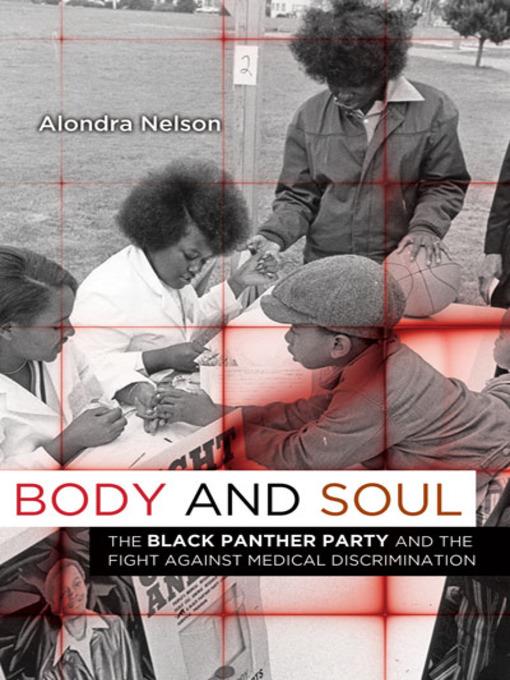
Body and Soul
The Black Panther Party and the Fight against Medical Discrimination
کتاب های مرتبط
- اطلاعات
- نقد و بررسی
- دیدگاه کاربران
نقد و بررسی

July 18, 2011
Nelson, a professor of sociology at Columbia University, reports exhaustively on the Black Panther Party's role in the radical health movement of the 1970s, positioning the BPP as important players in the long tradition of civil rights health activism. She discusses the social function and day-to-day activities of the free health clinics each BPP chapter was obliged to maintain, as well as the party's campaign to fight sickle-cell anemia, a genetic disease primarily affecting African-Americans (and one that was largely ignored by the medical community). Nelson gives an in-depth explanation of how the BPP's antiâsickle cell fight became a means of highlighting racially biased medical neglect. The most exciting part of the book comes toward the end, where Nelson explains the BPP's (ultimately successful) challenge to the formation of the UCLA Center for the Study and Reduction of Violence, a group whose research programs hypothesized that violence was "the product of the inherent pathology of individuals (black men, in particular) and not a political or social phenomenon." Chillingly, several of the center's researchers were advocates for psychosurgical manipulation of the brain as a means of curtailing violent behavior. Nelson's writing is dry and repetitive, but her work deserves commendation for its thoughtfulness and thoroughness.

November 1, 2011
The Black Panther Party, while famous for its militant activism on behalf of black Americans, also contributed much to improving their health care. Nelson (sociology, Columbia Univ.) presents a sympathetic, scholarly account of this lesser-known aspect of Panther activism, describing how the organization demanded--and provided--accessible health care for black Americans while challenging abusive, coercive, and discriminatory care. The first two chapters offer context with brief histories of the Black Panther Party and medical discrimination against black Americans. The remaining chapters focus on three areas of Panther activity in health care: founding free medical clinics, raising awareness of and testing for sickle-cell anemia, and lobbying against a proposed research center on the biological origins of violence. Nelson draws on interviews with former Panthers as well as an extensive list of secondary sources, emphasizing the political, social, and theoretical underpinnings of the Panthers' work. VERDICT By focusing on the health-related activities of the Black Panthers, Nelson makes a valuable contribution to the literature, but excessive redundancy may frustrate the reader. Recommended for academic readers in sociology, medical and social history, and African American studies.--Janet A. Crum, City of Hope Lib., Duarte, CA
Copyright 2011 Library Journal, LLC Used with permission.

























دیدگاه کاربران